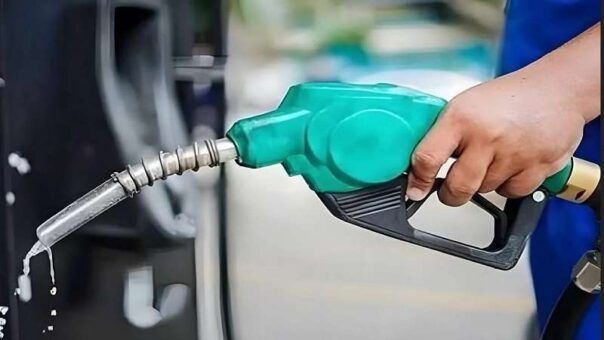Islamabad, July 16, 2024 – The citizens of Pakistan are facing another increase in fuel costs as the government announced higher prices for petroleum products, effective July 16th. This hike is in response to the recent surge in global oil prices.
Petrol prices have been increased by Rs. 9.99 per liter, bringing the new price to Rs. 275.60. High-speed diesel (HSD) prices have also risen by Rs. 6.18 per liter, now priced at Rs. 283.63. The Oil and Gas Regulatory Authority (OGRA) determined these revised prices based on international market fluctuations.
Despite raising the Petroleum Development Levy (PDL) to Rs. 70 per liter in the recent budget, the government has clarified that the current price increase won’t involve any additional levy or duty hikes. The PDL will remain at Rs. 60 per liter for now. This marks the second time the government hasn’t increased the levy since the budget announcement in June.
The petrol price hike is likely to hit the middle and lower-middle classes the hardest, as it fuels private transportation, rickshaws, and two-wheelers – essential modes of transport for these segments of society.
The increase in HSD prices, however, has broader inflationary implications. HSD is the primary fuel for heavy transport vehicles, trains, and agricultural machinery like tractors and tube wells. This rise can potentially lead to higher prices for vegetables and other food items due to increased transportation costs.
While the government has held off on further levy hikes, the recent price adjustment highlights the challenges posed by volatile global oil markets. The impact on household budgets and inflation remains a concern, and the situation warrants close monitoring in the coming weeks.
The latest hike has sparked criticism from opposition parties and consumer rights groups, who argue that the government should provide relief to the public amidst already high inflation rates. They urge the government to explore alternative measures to stabilize fuel prices and reduce the burden on the common man.
Analysts suggest that the government needs to adopt a multifaceted approach, including increasing domestic oil production, promoting renewable energy sources, and improving public transportation infrastructure to reduce reliance on fuel imports.
As the country grapples with these economic pressures, the public remains hopeful for effective government measures to mitigate the impact of rising fuel prices on daily living costs and overall economic stability. The next review of fuel prices is anticipated at the end of the month, which could bring further changes depending on global oil market trends.
